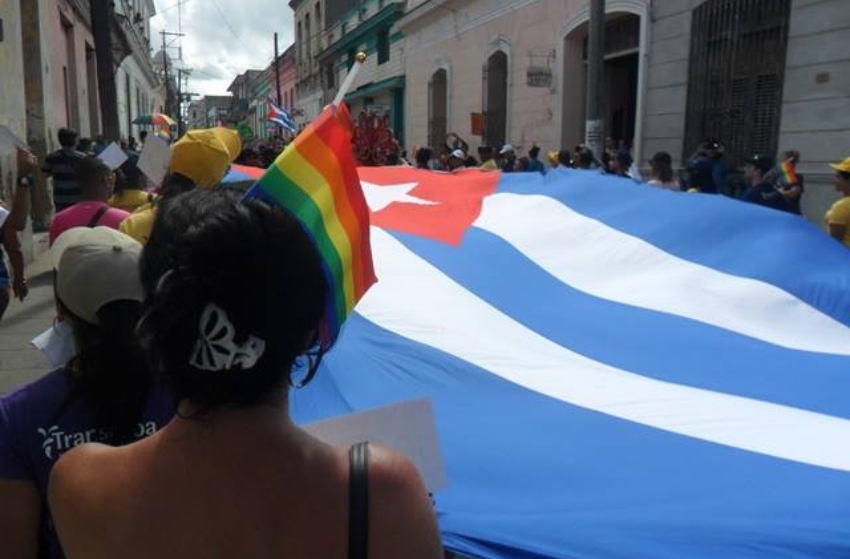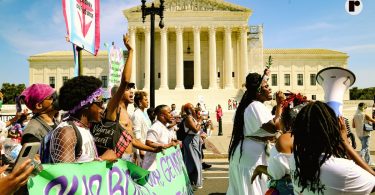Cuba’s parliament just approved changes to the Constitution including marriage equality. | Photo: Facebook/Mariela Castro Espin
Cuba’s National Assembly has given the green light to a range of proposed changes to the country’s Constitution, including making marriage equality legal.
On Monday the parliament unanimously voted for the draft changes, which will now be put to a referendum.
One of the proposed changes was to redefine marriage as ‘the consensual union of two people, regardless of gender’. The current Constitution defines marriage as the ‘voluntary union between a man and woman’.
While there are a number of proposed changes, including recognizing private property for the first time in decades, commentators believed marriage equality was one of the most significant.
The draft Constitution will be open for public consultation and debate 13 August to 15 November. After the consultation process, Cuba will hold the referendum on the updated Constitution.
Former President Raul Castro’s daughter, Mariela Castro Espin, has spearheaded the push to legalize marriage equality.
Castro Espin is the director of the National Centre for for Sex Education (CENESEX) and has lobbied for LGBTI rights for years. In May she lead a LGBTI rally in favor of marriage equality.
‘Before, there was prejudice against talking about these things. Eleven years ago we started holding seminars about homophobia and trans-phobia. And that helped to pave the way for dialogue among the population,’ she said in June.
‘There are people who are bothered by seeing LGBT people dressed up and having fun, and there are those who enjoy it.
‘We do not want to cause unease but rather instill interest in dialogue.’
Cuba and the LGBTI community
After Fidel Castro to power in 1959, he sent 25,000 gay men deemed unfit for military service to labor camps. He later apologized in 2010 for sending gay men to the work camps.
Until 1993, the Cuban government quarantined people with HIV and AIDS in a state-run sanitaria.
Since 2008, Cuba has offered free gender affirming surgeries. But in 2017 Castro Espin noted that fewer than 40 people have been able to receive them.
Cuba has further improved its stance on LGBTI issues. It is illegal for employers to discriminate against people because of their sexuality, gender or race.







